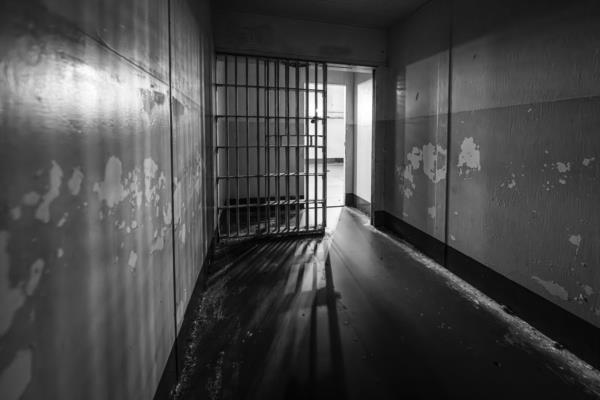
A recent ruling by State Supreme Court Justice Kevin Bryant has revealed that the New York state prison system has been failing to comply with state laws regarding solitary confinement. The Department of Corrections and Community Supervision (DOCCS) was accused of holding inmates in solitary confinement for longer periods than allowed by law.
The lawsuit, filed by the New York Civil Liberties Union (NYCLU) and Prisoners' Legal Services of New York, alleged that DOCCS was not following the restrictions on solitary confinement outlined in the Humane Alternatives to Long-Term Solitary Confinement Act signed into law in 2021. The law limits solitary confinement to three consecutive days, or six days in a 30-day period, with exceptions for severe offenses.
Justice Bryant criticized DOCCS for failing to provide sufficient evidence to support their actions and stated that the department must adhere to the law. The advocacy groups accused DOCCS of placing inmates in solitary confinement without meeting the specific criteria outlined in the legislation.
DOCCS responded by stating that they are reviewing the judge's decision and highlighted recent changes made under Commissioner Daniel Martuscello, including updates to segregated confinement policies and additional review processes. These changes aim to ensure that all decisions regarding solitary confinement are properly justified and documented.
One plaintiff, Luis Garcia, was cited in the lawsuit as being sentenced to 730 days in solitary confinement for an incident that the advocacy groups argue did not warrant such extreme punishment. The case underscores the importance of ensuring that inmates' rights are protected and that prison officials adhere to the law.
The NYCLU emphasized that no one, including prison officials, is above the law and stated that they will closely monitor DOCCS to ensure compliance with the regulations on solitary confinement. The outcome of this legal battle will likely have significant implications for the treatment of inmates in New York state prisons.







